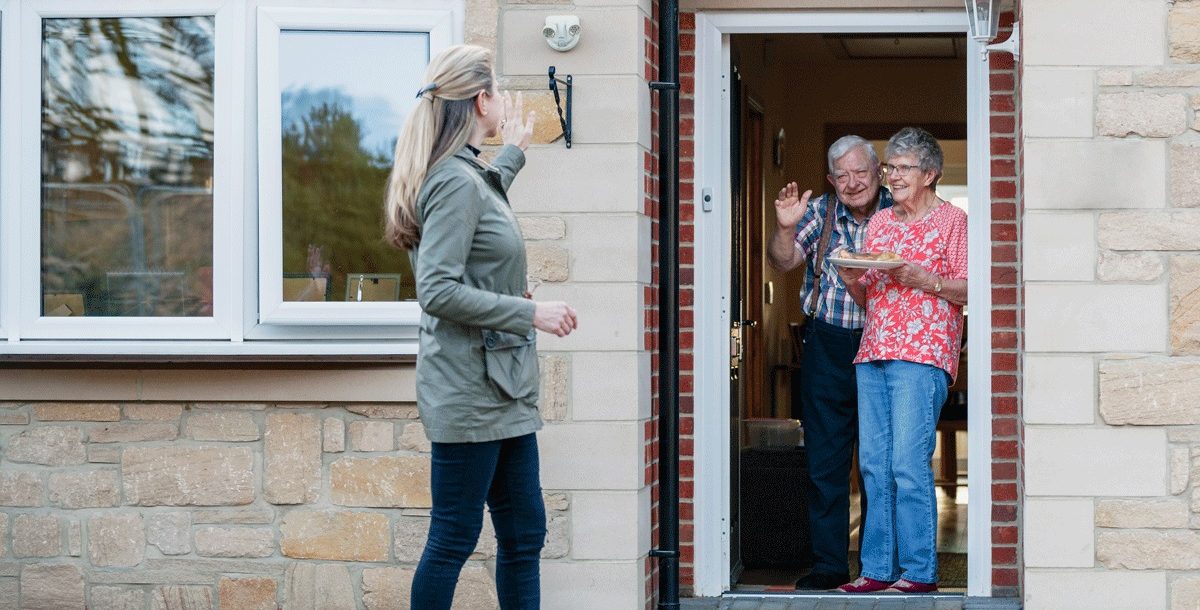Any individual at any age can become infected with COVID-19. However, based on the information and data available, it seems there are certain groups in our communities who are more prone to getting very sick from this new virus.
Read on as we break down the groups who are most at risk, as well as steps these individuals can take to be safe during this COVID-19 outbreak.
Who is at high risk for severe illness with COVID-19?
Based on current trends with COVID-19 cases, the Centers for Disease Control and Protection (CDC) believes the following individuals have a higher risk of having serious complications if they contract this virus.
- People ages 65 and older
- People currently living in a nursing home or long-term care facility
- People with the following underlying medical conditions:
- Chronic lung disease
- Mild to severe asthma
- Serious heart conditions
- Severe obesity
- Diabetes
- Chronic kidney disease, currently undergoing dialysis
- Liver disease
- Compromised immune system
For the compromised immune system category, this can be the result of many factors, including cancer treatments, bone marrow and organ transplants, smoking, untreated HIV or AIDS, long-term use of immune-weakening medication and other immune deficiencies.
How can high-risk individuals stay safe during this time?
If you or a loved one fall into one or more of the categories listed above, you probably have a lot of questions.
How can those at great COVID-19 risk stay safe during this time? What precautions should they be taking? How can you best care for a high-risk individual during this crisis?
We are here to help answer your concerns. Check out our tips below.
Every day precautions for high-risk individuals:
- Stay home as much as possible
- Wash your hands properly and often
- Stay away from others who are sick
- Clean and disinfect areas of your home frequently
- Stock up on food, medications and household supplies
- Stay in touch with your health care provider about any ongoing medical conditions
- Manage stress and anxiety by taking time for yourself
- If you need to go out in public, stay at least six feet away from others and wear a face covering
Make a plan in case you get sick:
- Decide which family member, friend or neighbor you can call for help
- Have a backup plan in place if your first caregiver becomes sick
- Make sure you have enough fever-reducing, pain and cough medications to help you manage any COVID-19 symptoms
- If you have a pet, designate someone to take care of it during your illness
- If at any time you are experiencing severe respiratory distress or have a medical emergency, go to your nearest emergency room or call 911
Tips for caregivers and family members of high-risk individuals:
- Know what medications your loved one is taking, and make sure they have a long-term supply
- Monitor their food, medical and household supplies, and stock up on their non-perishable food items
- Offer to pick up their medications, food and essential items so they don’t have to leave their house
- If your loved one lives in an assisted living facility, stay in touch with the staff and know what the protocol is if an outbreak does occur
- If you are a primary caregiver, be safe and limit your own exposure in case you need to take care of your loved one in-person
Stay updated on what Mercy Health is doing related to COVID-19.






